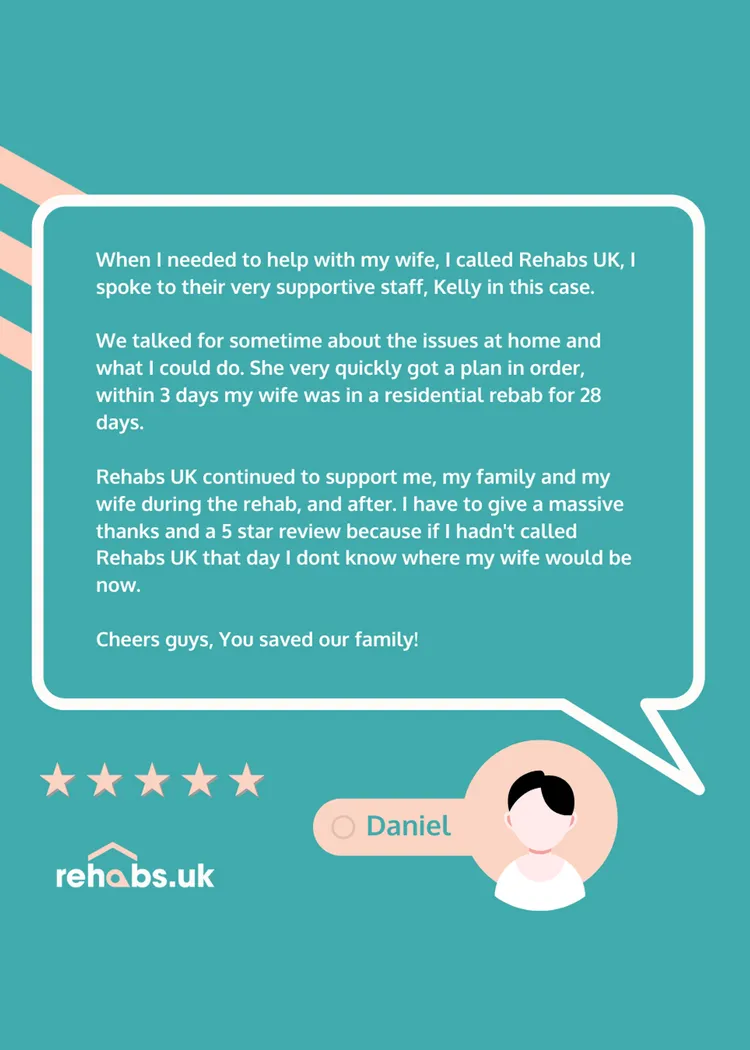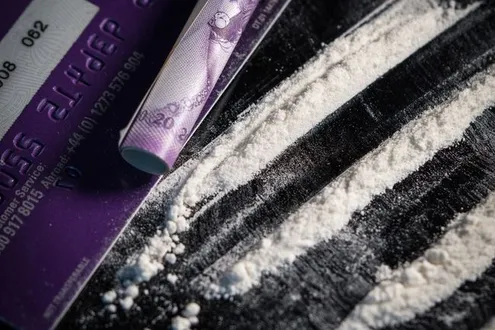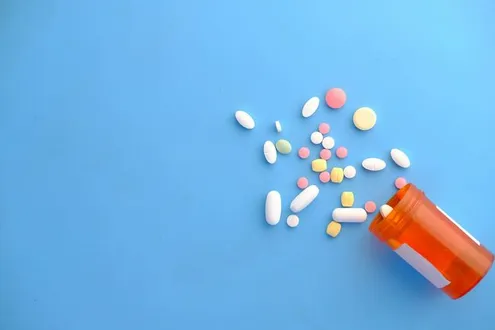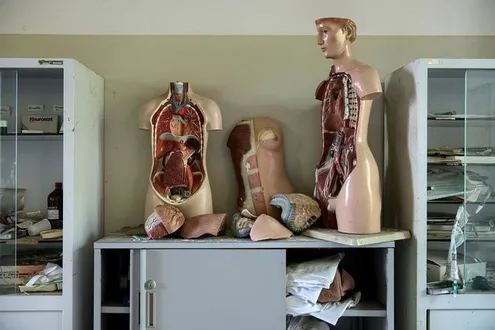Inpatient Rehabilitation for addiction, also known as residential rehabilitation, is a treatment facility where individuals check themselves into a 24/7 supported environment.
This is to get the best support physically and emotionally to help the individual start and maintain a journey into recovery. Often the person involved will stay at the rehab clinic and receive round the clock care from fully trained staff ranging from nurses to therapists, addiction specialists and support staff.
If the individual is physically dependent on drugs or alcohol the treatment will start with a medically monitored/managed detox arranged by a doctor to remove the substance and manage withdrawal symptoms.
Inpatient facilities can vary in their approach to addiction treatment with some providing a structure based on the 12 step programme, group therapy and individual therapy with others focussing on a more holistic non 12 step approach.
If the individual is not physically dependent on the substance and does not require a detox a recovery retreat/ sober living guest house can also provide inpatient rehabilitation.
Speak to a Treatment Advisor if you are unsure what to expect from inpatient vs outpatient treatment and to explore your options via a free assessment.
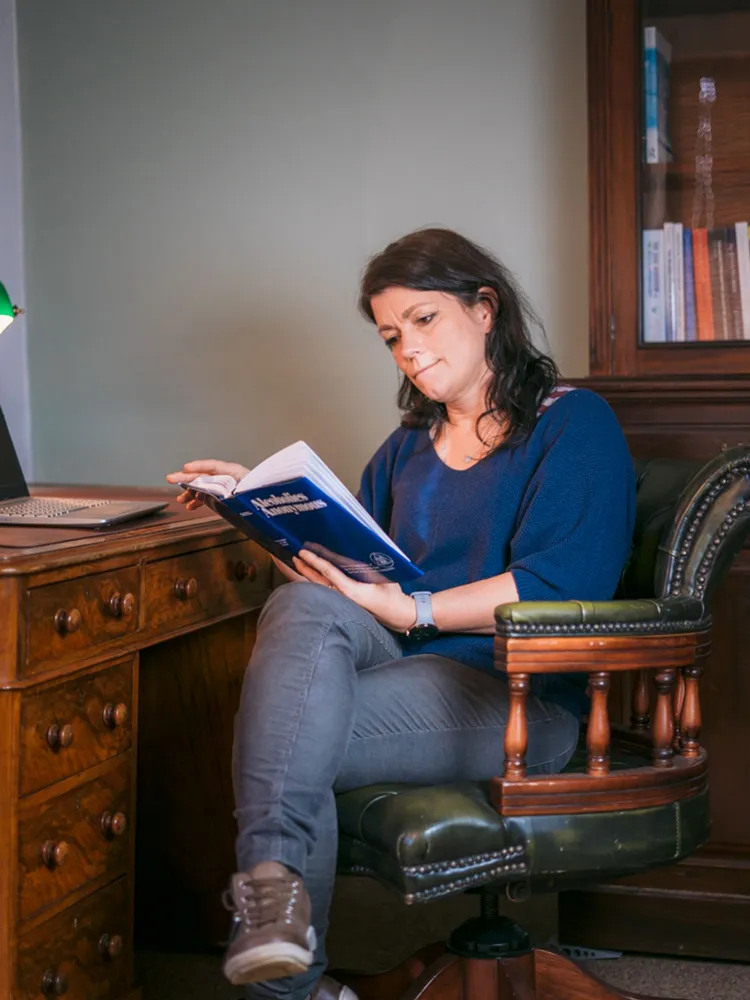
This type of rehab is suitable for those with severe addiction problems. This way of treating the individual allows for around the clock care and support for the person. Compared with outpatient rehab there is a higher success rate.
The change in environment to the individual will have a big impact on their daily life and routine. By taking the individual out of their natural environment there is more chance of them becoming successful in recovery as they won’t be tempted or exposed to potential triggers around them.
Inpatient rehab is also a safer way to detox from a drug. This is due to the 24/7 support from medical professionals and carers. There is less of a risk to the individual withdrawing in a controlled environment which inpatient and residential rehab provides.
Inpatient rehabilitation might be a beneficial treatment for those who may have tried other types of treatment such as home detoxification, outpatient rehabilitation or therapy and found that they have continued to relapse. It is also may be the most appropriate option for someone who has a co-occurring or dual diagnosis disorder.
If the individual has tried to detox alone and struggled inpatient treatment could be the right solution as the facility will provide 24/7 care and support. Being in an environment surrounded by people who are often in recovery themselves can be really beneficial to someone who may feel they are stuck in the vicious cycle of addiction and cannot see a way out.
The individual will live within the rehab and be involved in a daily range of addiction programmes and treatments such as group therapy, 12 step work or alternatives to the 12 steps and potentially cognitive behavioural therapy.
If the individual who is suffering from addiction is a teenager or under 18 rehab this will be slightly different as family involvement is often encouraged during therapy.
